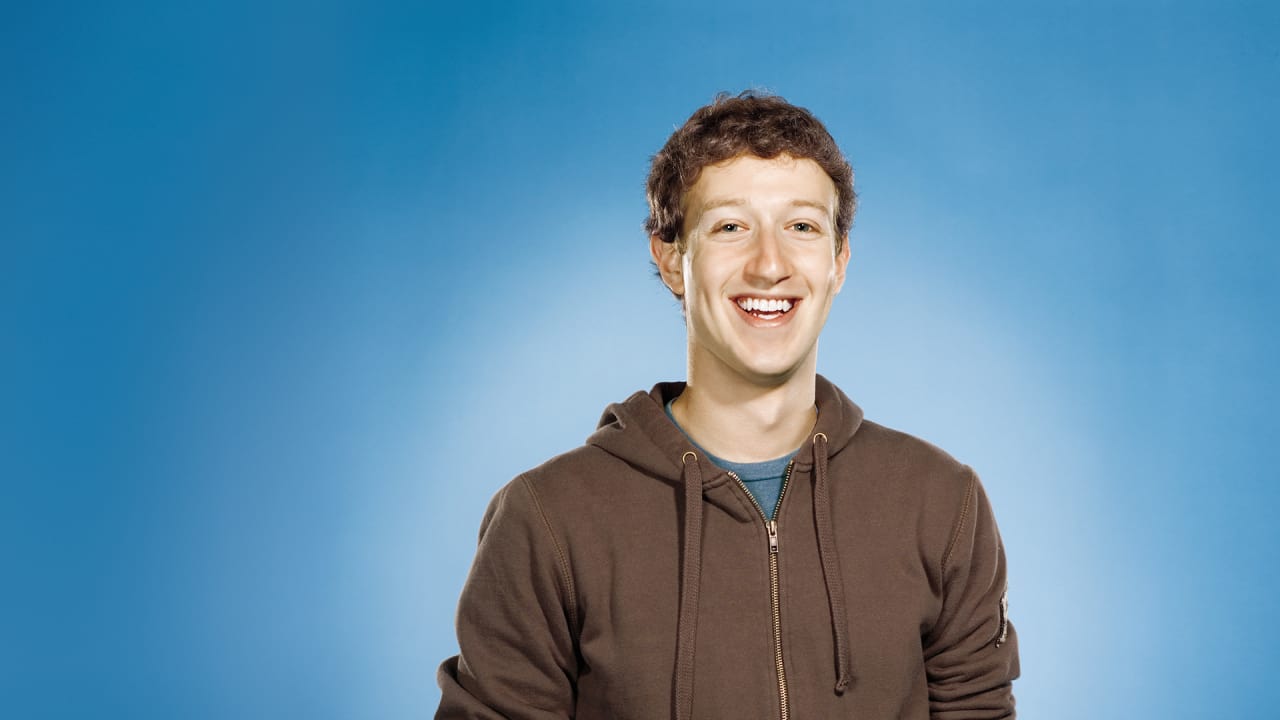Facebook greatly affects human psychology?
Facebook is one of the social media that is very familiar with us today, where we use it almost anywhere and anytime. Is it with this, facebook can affect one important aspect in humans, namely psychology? Here's an interesting opinion from one of the experts who discussed this.
| Sean Parker |
From CNET - Sean Parker, Facebook's first president, had some harsh words about the social network during an interview this week.
The tech investor, also a co-founder of Napster and, perhaps most recognizably, the guy played by Justin Timberlake in "The Social Network," said Facebook was designed to exploit the way people fundamentally think and behave. There have been "unintended consequences," Parker said, now that Facebook has grown to include 2 billion people -- two out of every seven people on the planet.
"It literally changes your relationship with society, with each other," he said in an interview published Wednesday night by Axios. "It probably interferes with productivity in weird ways. God only knows what it's doing to our children's brains."
Facebook didn't respond to a request for comment on Parker's remarks.
The company, along with rivals Twitter and Google, has been under intense scrutiny for its power and influence. The three tech giants testified in marathon congressional hearings last week over the impact of social networks on last year's US presidential election, and how Russian agents leveraged social media to sow discord among people. As Facebook tries to atone, lawmakers have repeatedly brought up the possibility of regulation.
Parker on Wednesday drilled into the addictive nature of Facebook that keeps so many of us coming back. He said it's all by design, because receiving a "like" or a comment on your post gives you a little hit of dopamine.
"It's a social-validation feedback loop ... exactly the kind of thing that a hacker like myself would come up with, because you're exploiting a vulnerability in human psychology."
But that didn't matter to people like Facebook founder Mark Zuckerberg, he said. Or Kevin Systrom, founder of Instagram, which Facebook owns. Or even himself. In addition to co-founding Napster in 1999, he started Airtime, a video social network that never gained traction. Now he's the founder and chair of the Parker Institute for Cancer Immunotherapy. "The inventors, creators ... understood this consciously," he said. "And we did it anyway."
 |
| Mark Zuckerberg, Facebook's Founder |
Parker isn't the only ex-Facebooker to raise concerns about the addictive nature of the social network and about tech's psychological and societal effects. Justin Rosenstein, the engineer who created the like button, told the Guardian last month that "it is very common for humans to develop things with the best of intentions and for them to have unintended, negative consequences."
Source: CNET

Leave a Comment